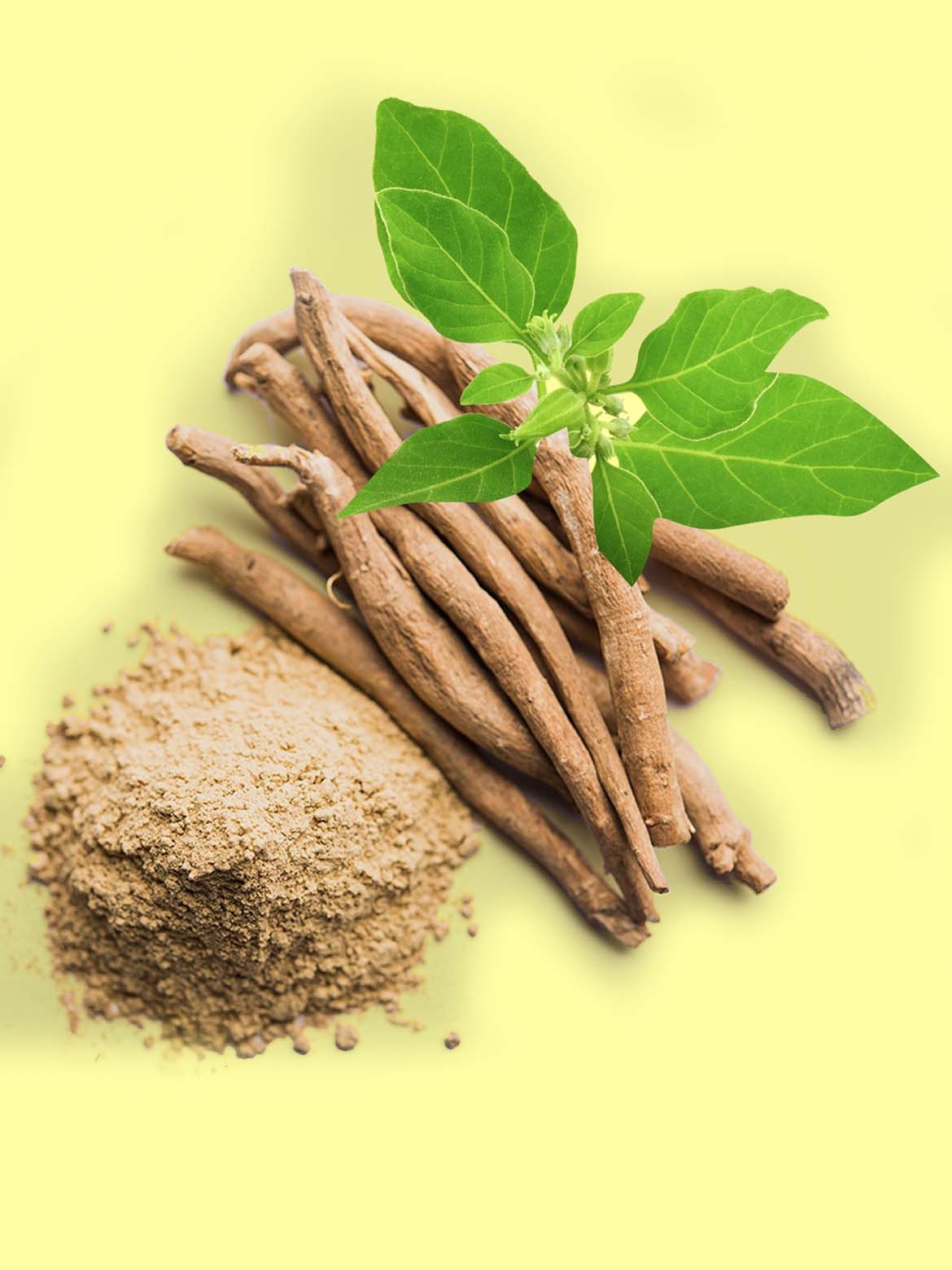Ayurveda, the ancient system of natural healing that originated in India over 5,000 years ago, has long recognized the profound impact of spices on human health and well-being. Spices are more than just culinary additives; they are integral to the practice of Ayurveda, playing a vital role in maintaining physical, mental, and spiritual equilibrium.
The Three Doshas: Balancing Act
Central to Ayurveda is the concept of the three doshas: Vata, Pitta, and Kapha. These doshas represent the fundamental energies that govern our physical and mental characteristics. Ayurvedic practitioners believe that imbalances in these energies can lead to illness, and spices play a key role in restoring equilibrium.
- Vata Dosha: Associated with air and ether, Vata governs movement in the body and mind. Spices like ginger, cinnamon, and turmeric are used to calm excess Vata, providing warmth, grounding, and stability. These spices aid digestion, reduce anxiety, and promote mental clarity.

- Pitta Dosha: Representing fire and water elements, Pitta governs metabolism and digestion. Cooling spices like fennel, coriander, and cardamom are employed to soothe and balance excess Pitta. They can alleviate inflammation, support liver function, and improve skin health.
- Kapha Dosha: Kapha is linked to earth and water and governs structure and stability. To counterbalance Kapha, pungent and heating spices such as black pepper, cloves, and mustard are used. They stimulate digestion, enhance circulation, and invigorate the senses.
Digestive Powerhouses
In Ayurveda, the digestive system, or Agni, is considered the key to overall health. Spices are celebrated as potent Agni boosters, enhancing the digestive fire to promote efficient nutrient absorption and elimination of toxins. Common spices like cumin, ginger, and asafoetida are included in many Ayurvedic recipes to support a healthy digestive process.
Detoxification and Cleansing
Ayurveda emphasizes the importance of regular detoxification to rid the body of accumulated toxins, known as Ama. Spices like coriander, fenugreek, and cumin are employed to aid the detoxification process, supporting the liver and kidney functions and promoting the elimination of waste from the body.
Herbal Formulations and Remedies
Ayurvedic practitioners often use spice-based herbal formulations, known as Churnas or Rasayanas, to address specific health concerns. Turmeric, with its potent anti-inflammatory and antioxidant properties, is a common ingredient in these formulations. For instance, Turmeric is used to alleviate joint pain and improve skin conditions.

Mind-Body Balance
Ayurveda recognizes the intimate connection between the mind and body. Certain spices, like saffron, Brahmi, and ashwagandha, are known as Rasayanas, revered for their ability to promote mental clarity, reduce stress, and enhance overall cognitive function. These spices are used in Ayurvedic practices like meditation and yoga to support mental and spiritual well-being.
The profound connection between spices and Ayurveda spans millennia, encompassing a holistic approach to health that encompasses the body, mind, and spirit. As we explore the timeless wisdom of Ayurveda, we find that spices are not merely culinary delights but are also potent tools for maintaining balance, promoting vitality, and fostering inner harmony. In a world increasingly seeking natural and holistic remedies, the enduring partnership between spices and Ayurveda continues to offer invaluable insights into well-being and longevity.


